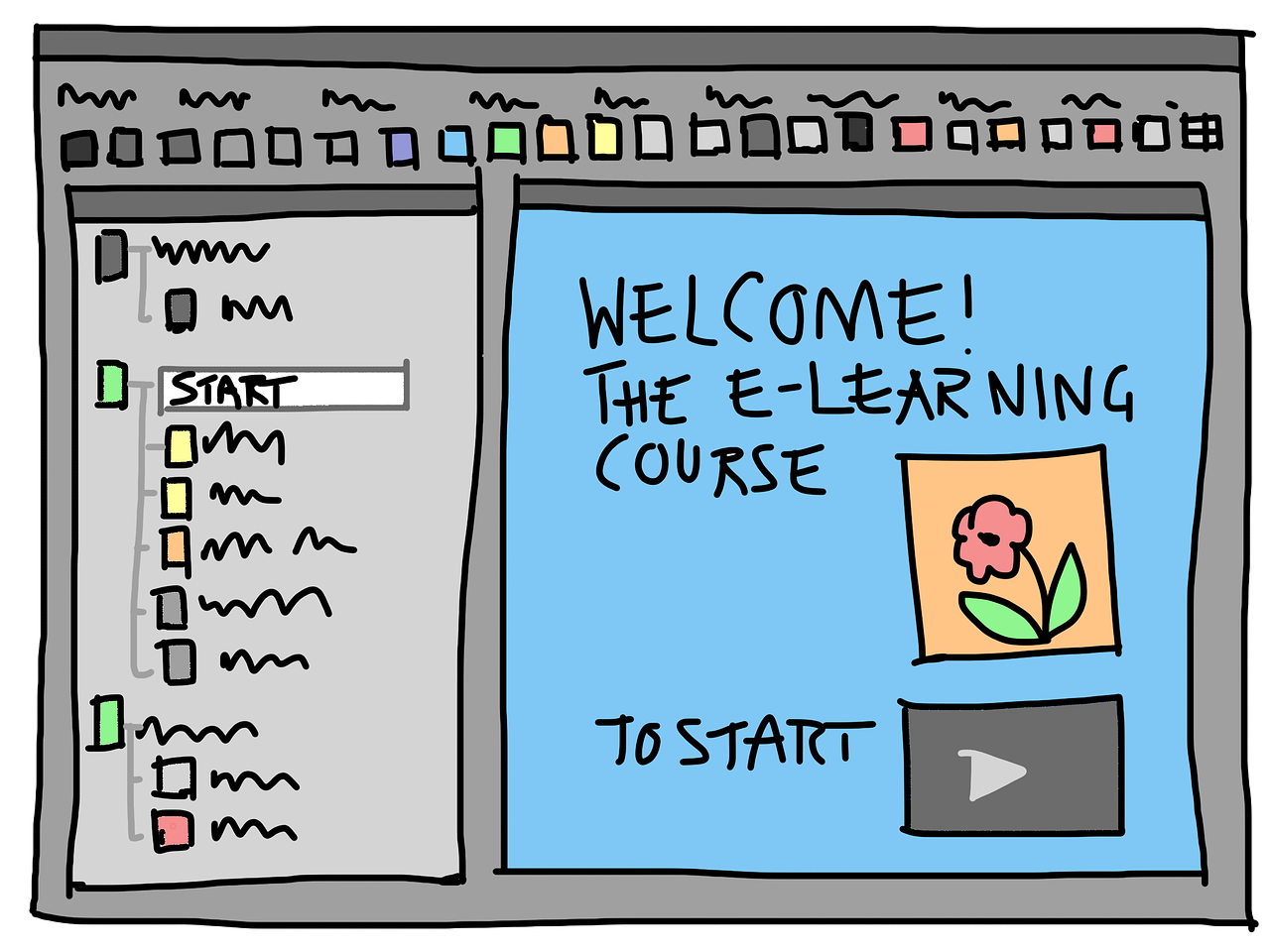Discovering MOOC for easier learning
Comments
After a very long stretch of busy work schedules, I was off work for the first week of this month and I used it to rejuvenate, introspect, and put myself into routine. One of the target of this time off was to get started with learning a course from my learning plan to up-skill myself. When I started with my second technical course from Coursera on Machine Learning, I felt the need to brush up Linear Algebra from my school days. Not using these subjects in my profession so far, had made the topics look stranger to me. I no longer have any of the textbooks from my school either, so I “Binged” around for some textbooks on the subject. Of whatever I found, everything was dry and boring. I was now looking around for a new way of learning. A course where the subject was broken down into smaller topics and delivered as videos with transcripts, great instructors (that I could pick), and frequent interactive quizzes and assessments that evaluate my progress on the course; something that I could do at my pace and comfort. I searched around for it on Linear Algebra, and I landed up in a course from Khan’s Academy. What I was looking out for was a MOOC.
The MOOC learning
MOOC (pronounced “mooks”) or Massive Open Online Course are becoming a popular medium of learning. It is changing the taste of learners and the medium of delivering content for learning.
The online learning and video based learning has been there around for sometime - more formalized with the OpenCoureWares. The OCWs have been there since 1990s, with some like the MIT’s OCW, which have been offering video courses. The MOOC in its current format started with edX, and has gained momentum since 2012.
MOOCs enables learning for any one with computer (or phone) and an Internet connection. The learner then has access to learning from University courses, informal courses, cookery, startup guidance, to courses in K12 subjects. The MOOCs do not offer courses just as typical videos recordings, but they are more engaging, where the participant can assess his knowledge with assignments and tests. You can pause video and repeat it as many times as you like, till you get the concept. You can pause the video, and possibly work out the problem statement, or make time to refer to some other learning material. To my experience, MOOCs are better experience than the e-learning CDs and DVDs which I personally used more than a decade back for learning. In fact MOOCs seem to be a natural evolution of the e-learning methodologies, when high-speed Internet has become more accessible than a decade back.
The learner in MOOC courses can also interact with fellow learners in dedicated course forums. Some of them even allow for in-person meetings and meet-ups as well. This essentially means that MOOCs are the interesting combination of education, entertainment and social networking. Like any traditional course, the MOOCs have a start and end date and has some timelines to be followed. Most of the courses however offer you flexibility in the when you can start your course. When the course is completed, it gives a sense of achievement to the learners. While most of the MOOCs are free, some courses also allows you to optionally pay and get credits or certificates for your learning.
MOOCs for fun and profit
Even though a great medium of learning, MOOCs do not replace the traditional ways of learning. The MOOCs does not allow the learners to personally interact with the profession / teacher. Typical MOOCs do not have any study groups as well. However, some of them have a similar concept where there are Meetups organized for the learners of a course, where you can meet your fellow learners in person. This also gives an opportunity for the learners to network.
Even if you do not consider MOOCs for your formal education, the MOOCs can be an excellent medium which can be used to enhance skills for professionals, or to complement your traditional learning. MOOCs bring courses from the world’s best institutions at your disposal, cutting through the boundaries of distance, economic or educational background.
Choosing your MOOC
Before choosing your MOOC, it would be good to do some research to make sure that you get the best one out there. There are dedicated MOOC search engines and forums where you can look out for the best MOOC for the your subject. These sites often rate the courses, and previous learners would often share their experience with the course. Some of the sites where you can research for finding the MOOCs are given below:
In spite of many people criticizing MOOCs for being “loose” and “disasterous”, the fact remains that MOOCs are here to stay, and help eager learners in achieving their objective of attaining quality education. It is certainly a boon for busy professionals and executives to enhance their skills, or to double (or triple) skill themselves.